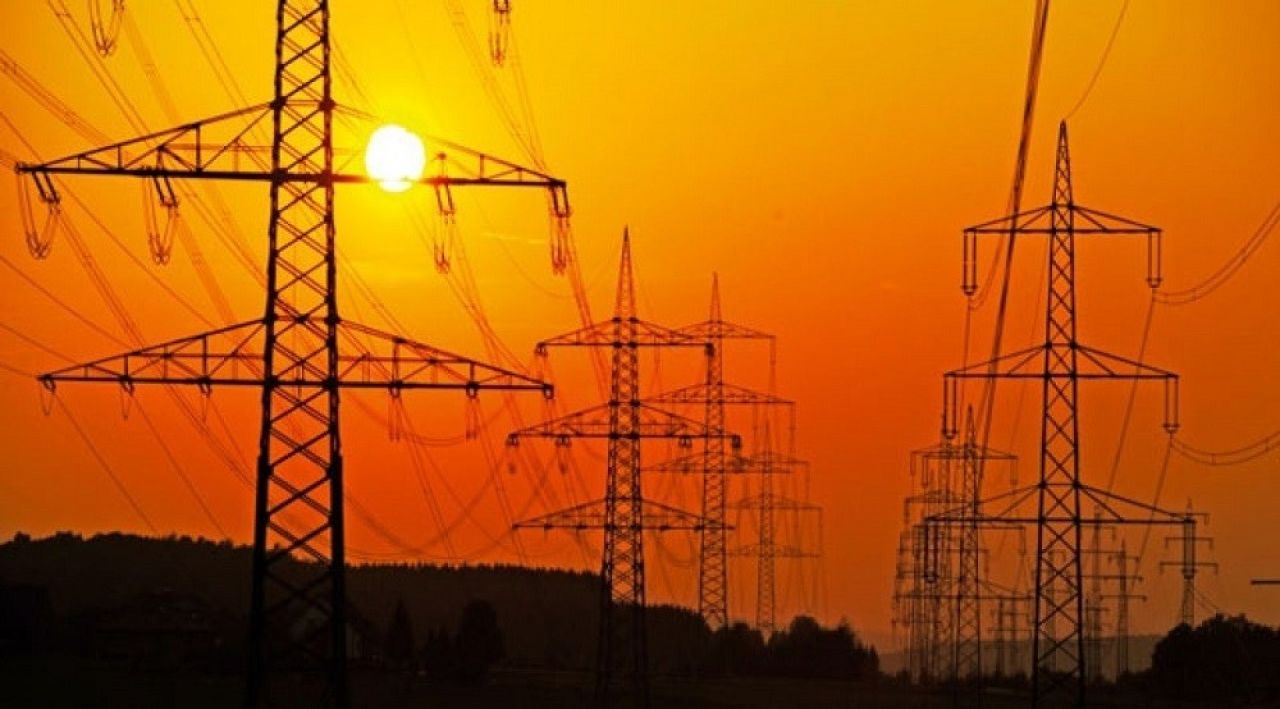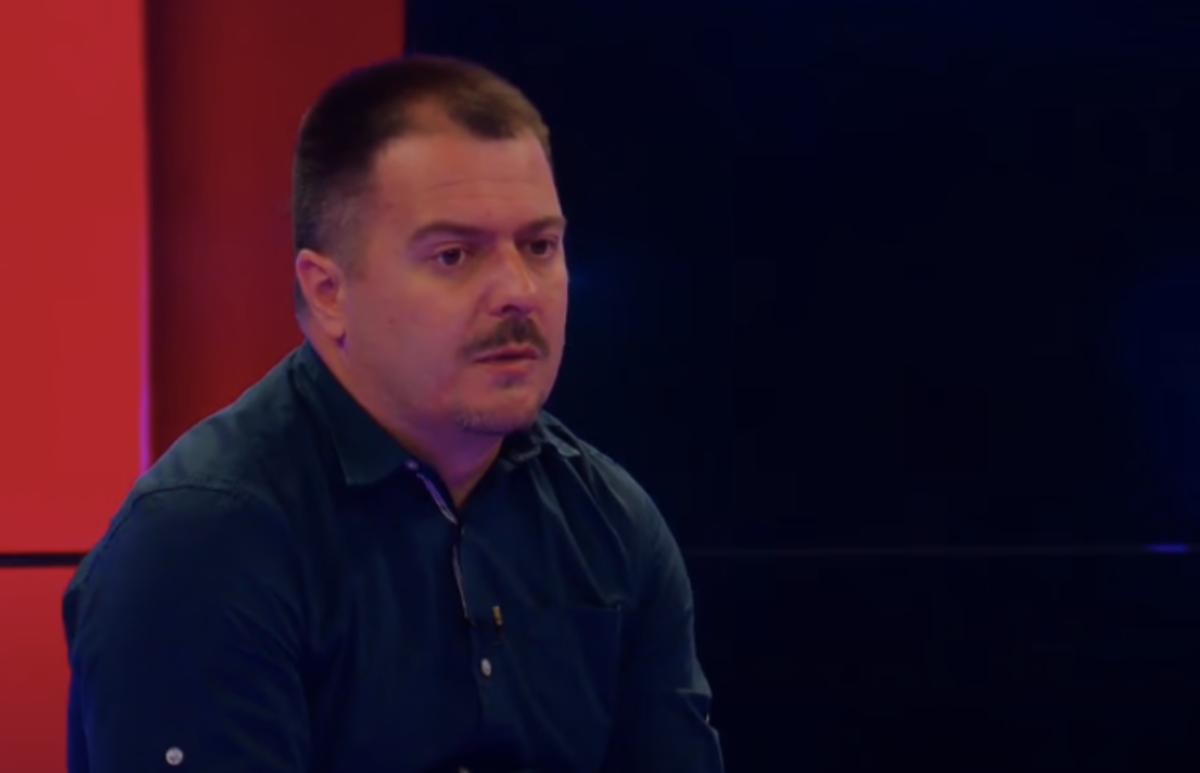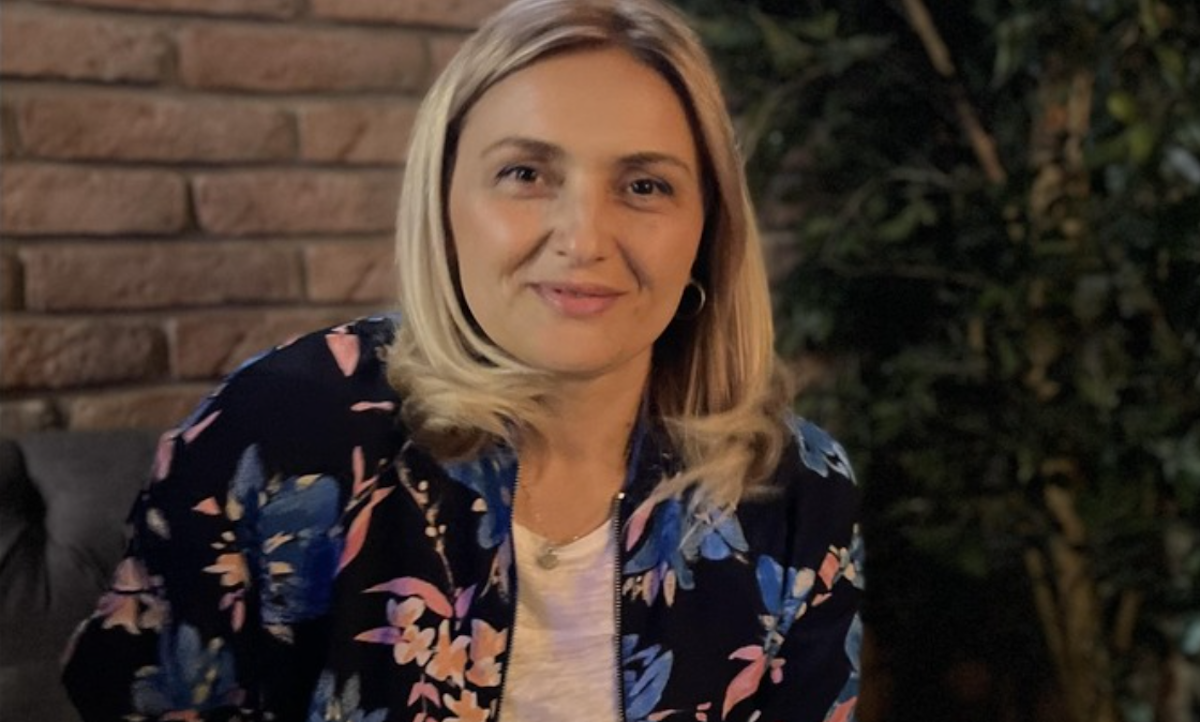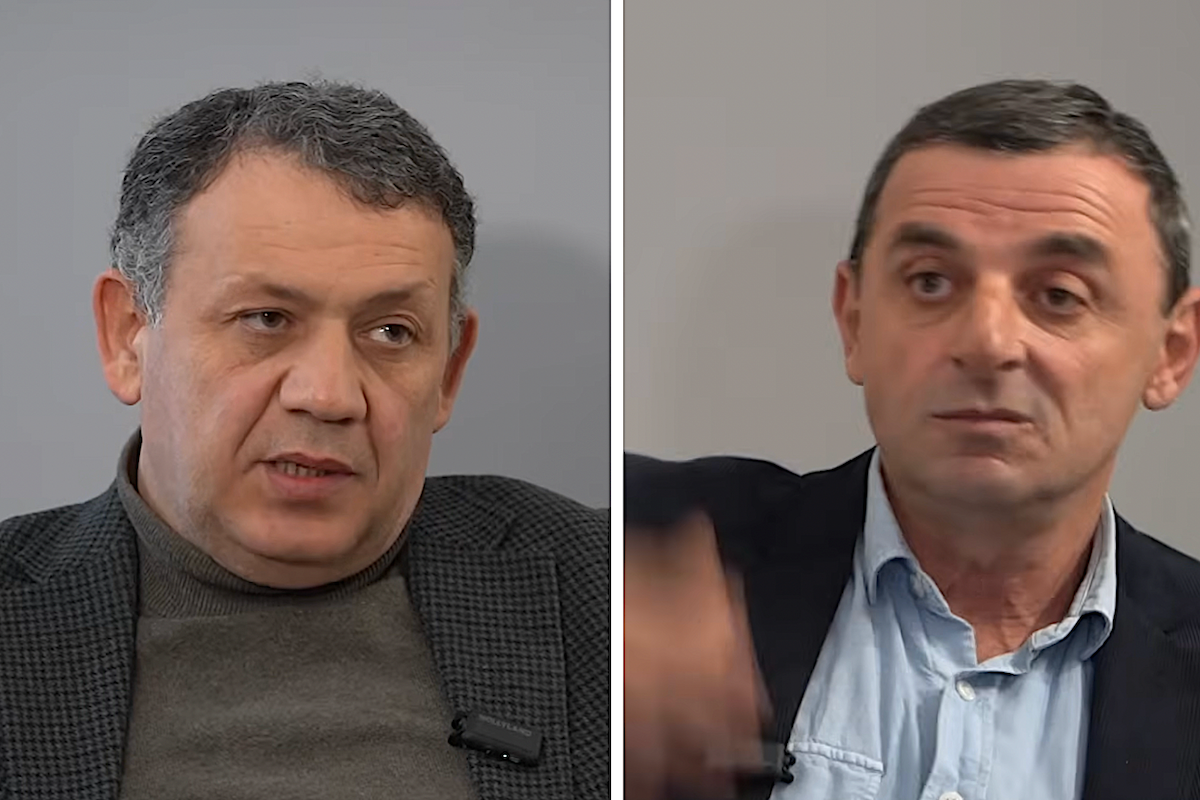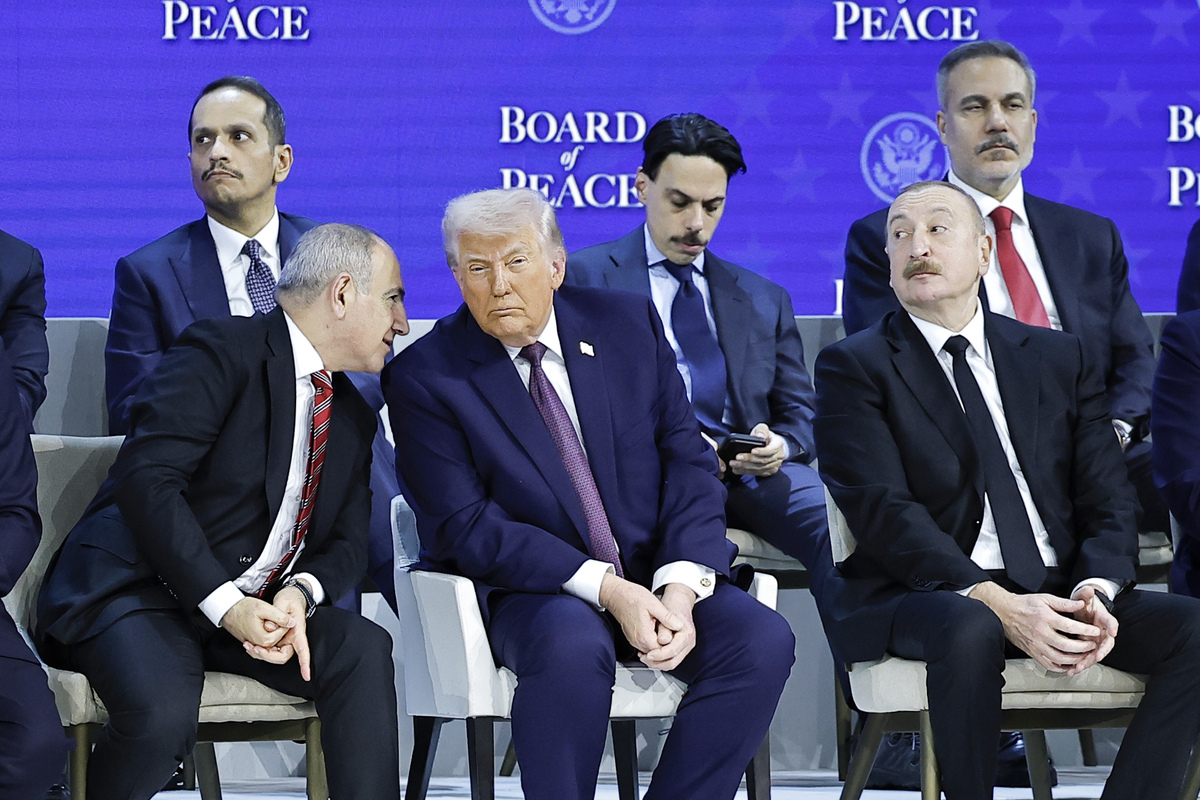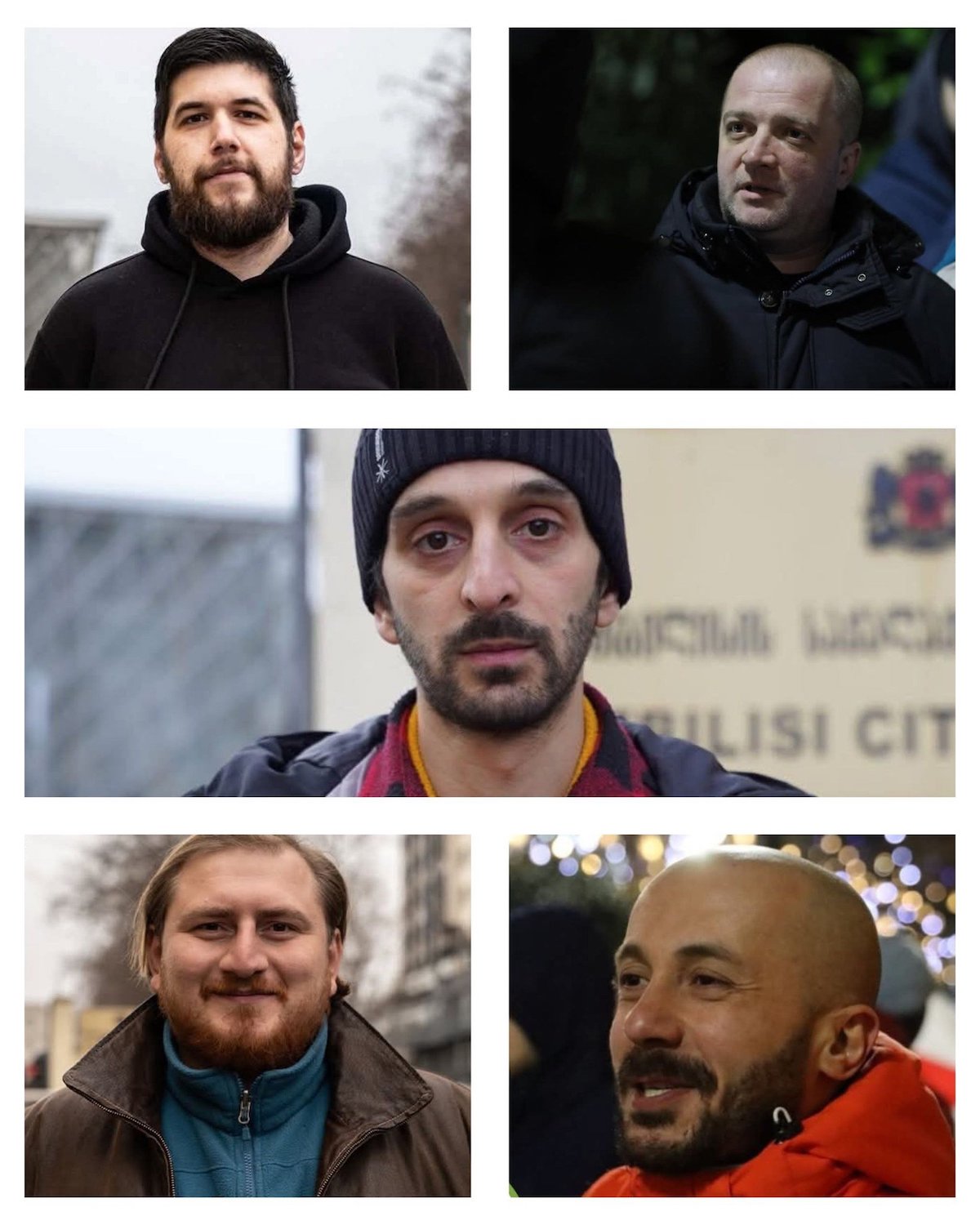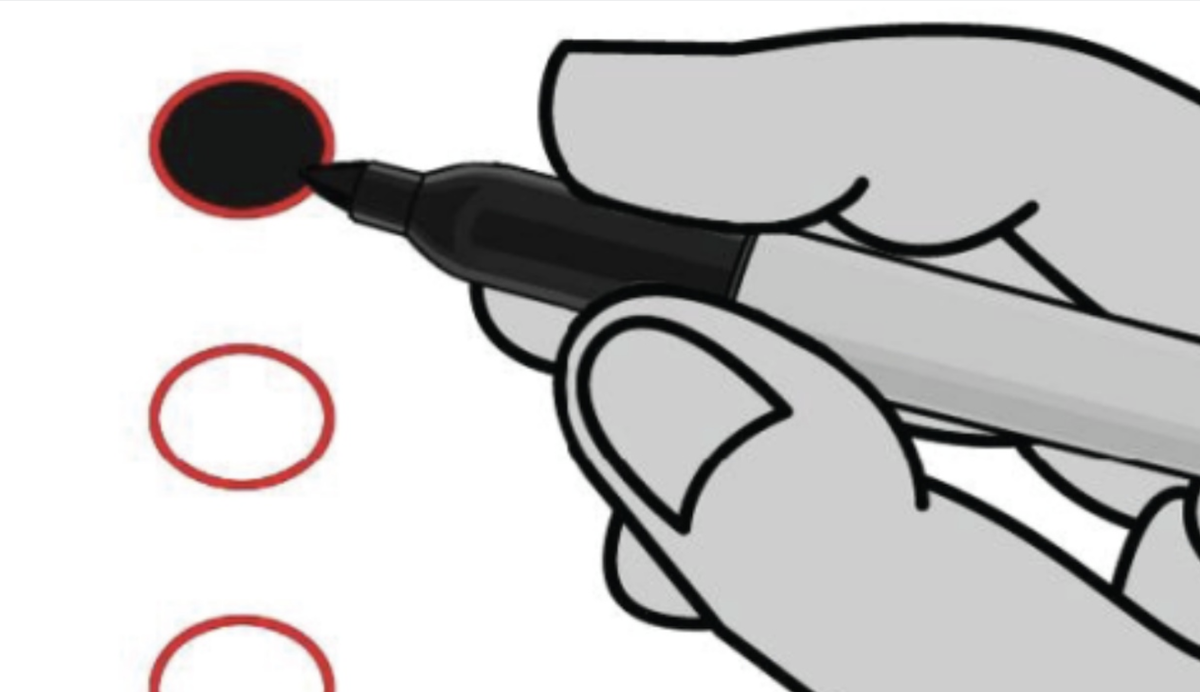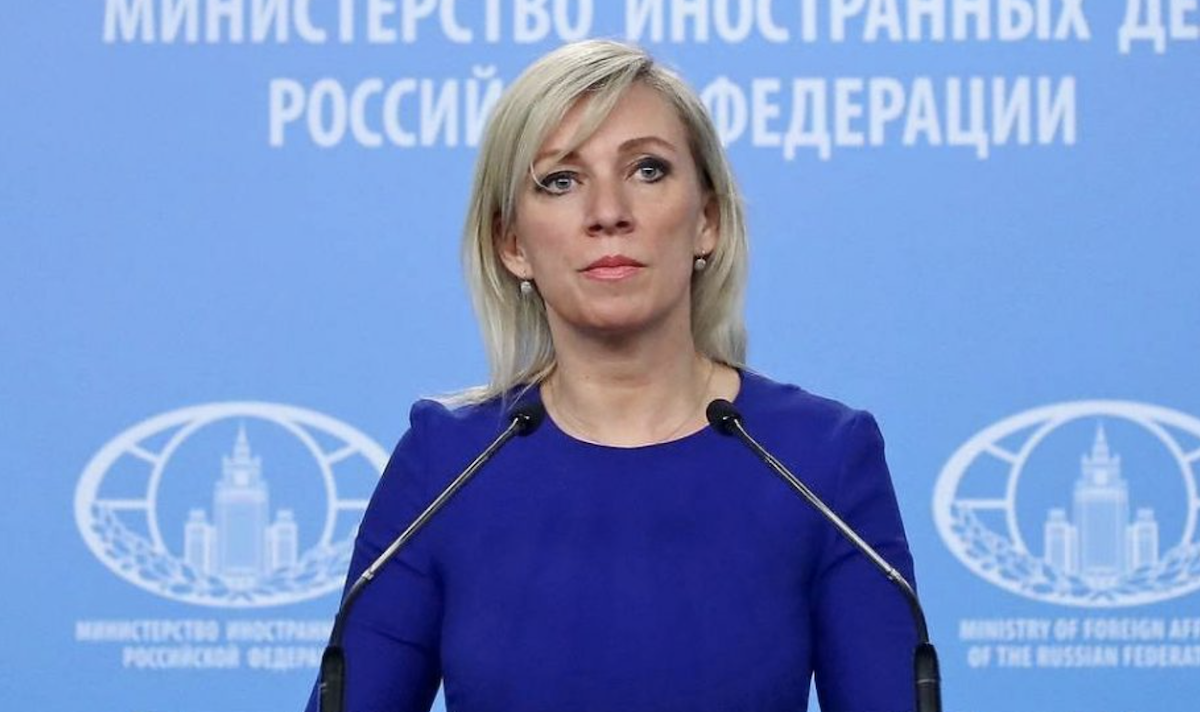Strike and tents by the Georgian Patriarchate – what’s happening?
Tent cities and protests are no surprise in Tbilisi. One tent has been standing in front of the Georgian Patriarchate for over a week. The reason: never before has there been such a public protest addressed against the church and its leader – one of the most influential and respected people in the country, the Catholicos Patriarch Ilia II.
JAMnews briefly looks into this unprecedented protest and one of the most high-profile court cases in Georgia’s modern history.
_______________
The building of the Patriarchate of Georgia is located on the right bank of the Kura River, in a bustling tourist area.
A yellow and blue nylon tent with religious inscriptions has been set up there for over a week.
The inhabitants of the tent are the brothers of Archpriest Giorgi Mamaladze. The have just one demand: release their brother who was arrested two years ago.
The Cyanide Case
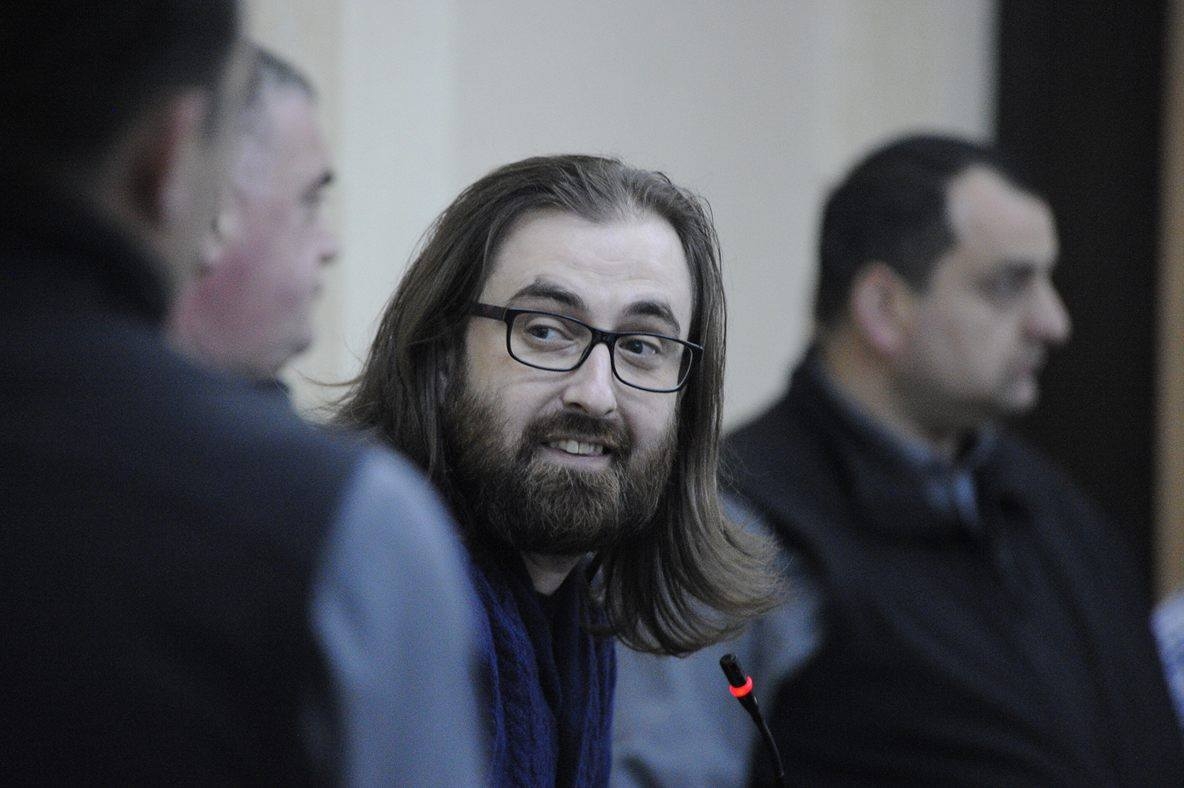
Archpriest Giorgi Mamaladze was detained on 10 February 2017 at Tbilisi International Airport while trying to fly to Germany. Cyanide was discovered in his possession by police at the time.
• Cyanide Case: A real attack or the Patriarchate’s court games?
• Capital of the Patriarchate: property of the most influential institution in Georgia
• Plot to kill a ‘high-ranking clergyman’ investigated in Georgia
• Georgian Patriarch calls for ‘joint investigation’ of assassination attempt
Mamaladze was going to Germany to visit Catholicos-Patriarch Ilia II who was undergoing treatment. Mamaladze was initially believed to have been in possession of the cyanide ‘to poison a high-ranking cleric’. This was the official account put out by the chief prosecutor of Georgia, as well as by the Prime Minister, the Minister of Justice and other high-ranking officials – the implicit meaning was that the cyanide was intended for Ilia II.
However, the account of the affair changed rapidly.
Tbilisi City Court sentenced Mamaladze to nine years in prison. However, he was convicted for the intention to assassinate not Ilia II, but the Secretary-Referent of the Patriarch, Shorena Tetruashvili.
A year ago, this verdict was upheld by the Tbilisi Court of Appeals. The case did not make it to the Supreme Court of Georgia.
Giorgi Mamaladze himself denies the charges against him, and Mamaladze’s family says that he is the victim of church and political intrigue. They have appealed to the Strasbourg Court of Human Rights.
Lawyers and NGO workers have uncovered many inaccuracies in the judicial process of dealing with what has been dubbed The Cyanide Case.
Mamaladze says that it was not the inspectors and judges who dealt him the hardest blow, but his fellow churchmen who have not come to see him not for two years.
The right to Communion
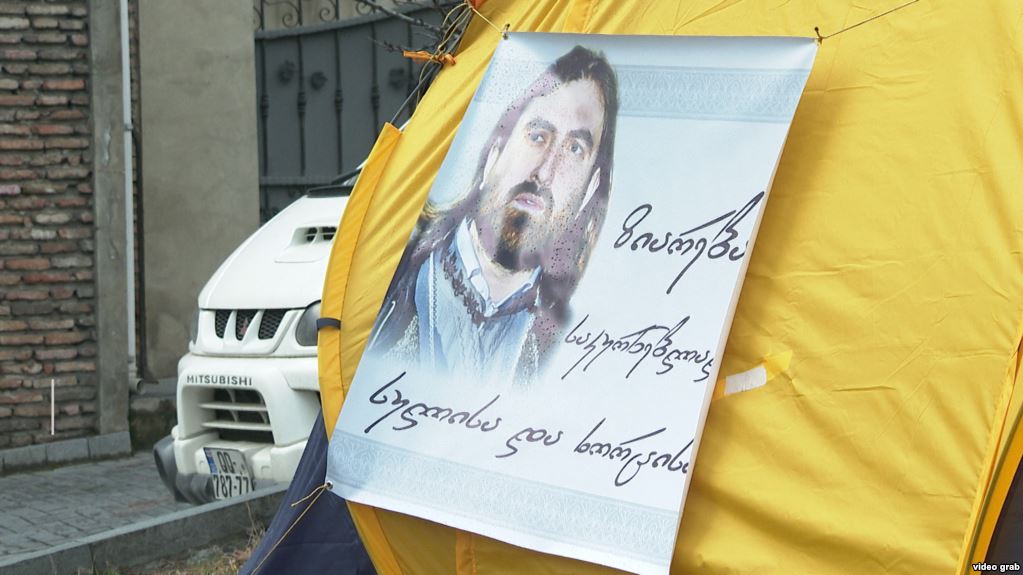
The Mamaladze brothers first demanded that Giorgi be given the right to receive communion.
Soon afterwards, the Patriarchate issued a statement with ambiguous wording that the church would not prohibit anyone from giving communion to Mamaladze, but that it would be that person’s ‘personal responsibility’ for which they would be held personally accountable.
After this statement, Mamaladze’s godfather, Nikoloz Gigatadze, volunteered to give communion to his godson, since he regarded the statement of the church as approval for the sacrament. However, this has not yet taken place.
The Mamaladze family, however, saw an ominous warning in the statement of the Patriarchate — dare to visit Mamaladze, and blame yourself for what happens next.
Giorgi Mamaladze’s brother Tornike says that the prisoners were brought outside and given communion – all but him.
However, the church is not united in its position on Mamaladze, and this has caused a rift in the church. A number of clerics have openly stated that there are many questions that have not been answered in the case.
For example, the Metropolitan of Chkondidi has directly accused Ilia II for the imprisonment of Mamaladze, and has pointed to the authorities as complicit in the act.
Another influential clergyman, Metropolitan Grigol of Poti and Kobi, has called the Cyanide Case a ‘stain and error’.
Request for clemency
Last week, six influential non-governmental organizations in the field of human rights advocacy appealed to Georgian President Salome Zurabishvili to pardon Mamaladze.
They are convinced that the sentences imposed on Mamaladze in both judicial instances raise many questions and do not meet legal standards.
Mamaladze also appealed to former president Giorgi Margvelashvili for clemency, but the presidential administration remains silent.
What’s wrong with Mamaladze’s case?
1 ) One of the main inaccuracies in the case is the question of how cyanide was detected in Mamaladze’s luggage, which was taken without his knowledge nine hours after he checked it. Moreover, the luggage retrieval procedure wasn’t captured by the airport’s video devices.
2) The judicial verdict was based only on the fact that Mamaladze was searching the internet for information about cyanide. The verdict did not state the purpose of looking up this information nor why he needed cyanide – Mamaladze says he was interested in cyanide because it is used in icon painting.
3) The court also stated that the defence did not provide substantial evidence proving Mamaladze’s innocence, though the legislation does not demand this. On the contrary, the prosecution must provide evidence of guilt of the accused.
4) Despite the wide public interest, lawyers are strictly forbidden to publicly discuss the details of this case. Also, the court session was held behind closed doors. Mamaladze himself requested that the court be held openly. As a result, society does not have enough information on the Cyanide Case, and the details surrounding the case itself remains sparse.
5) Regarding Mamaladze, the presumption of innocence principle was violated. High-ranking officials made statements against him from the moment of his arrest, creating a negative attitude among the public against the archpriest.
What does the patriarch have against Mamaladze?
Mamaladze’s family is convinced that the operation against him was carried out by the joint efforts of the Patriarchate and the State Security Service of Georgia (SSS) of Georgia, since the archpriest has information detrimental to the image of the Patriarchate.
Tornike Mamaladze says his imprisoned brother Giorgi gave him four written notebooks from prison, which are sealed.
“While we do not have the right to familiarize ourselves with their contents, my brother told me to make the notes public if something happens to him,” says Tornike Mamaladze.
The windows of the Patriarchate overlook the Mamaladze family tent. The priests once came to the brothers and advised them to continue the protest in Batumi [the Mamaladze family comes from Adjara].
The building of the Patriarchate is securely fenced. Its massive black metal gates open only for the entry and exit of vehicles. Dozens of clergymen pass by the nylon tent every day, but no one stops near it.
“Hundreds of priests pass, but no one pays attention to us. But sometimes it happens that we meet by chance in other places. Many of them come to us and say that our brother is not guilty, but they don’t dare to approach us here,” says one of the brothers of the convicted archpriest.
The brothers note that once when the Patriarch was about to leave the residence, a car went ahead of his entourage and stopped in front of their tent so that the passing Patriarch would not see it – to avoid discomfort.
“This is the attitude of the Patriarchate towards people in need who are in trouble,” says Tornike Mamaladze.










